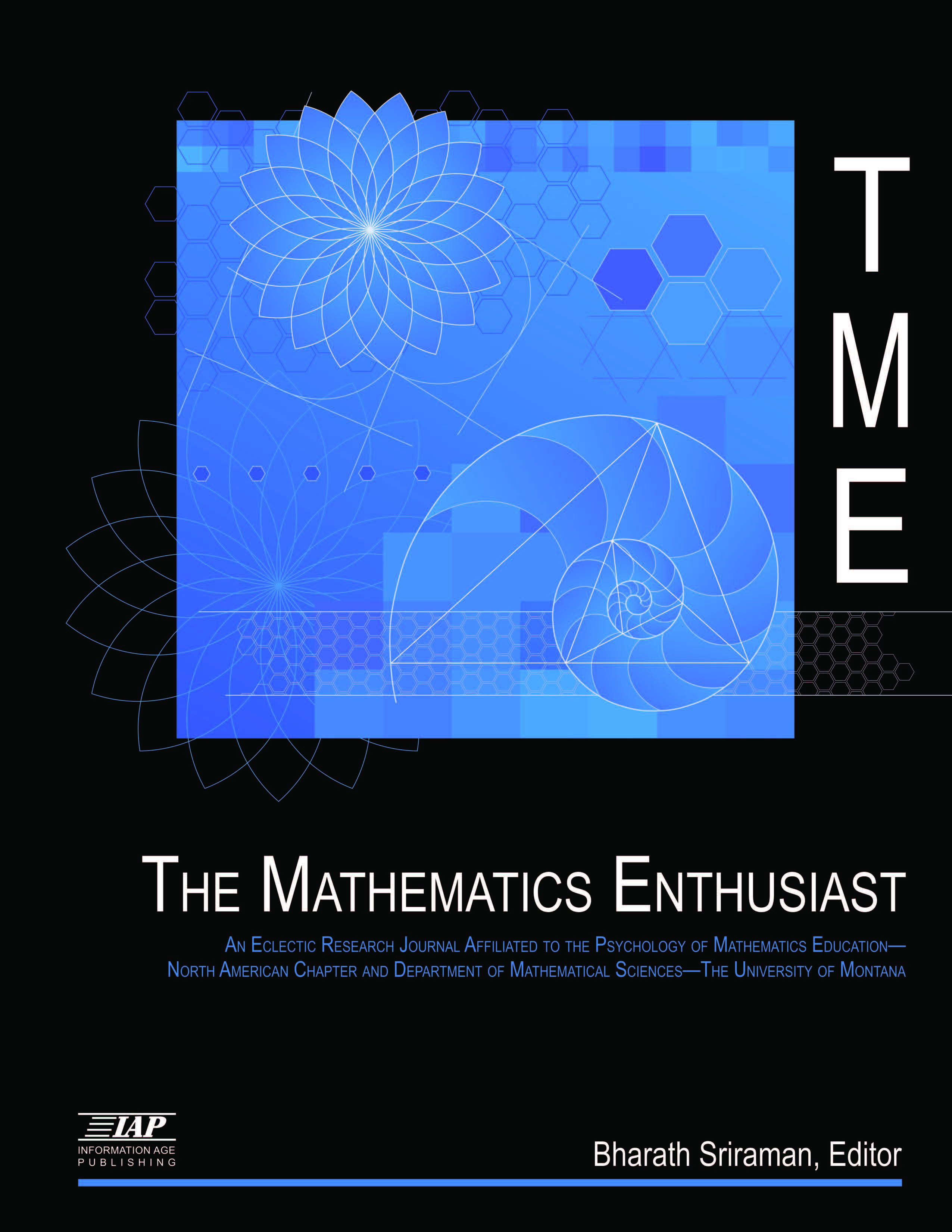
Volume
12
Issue
1-3
Abstract
In math class, expected value is often used when deciding whether or not a game is worth playing. A common refrain is that games with negative expected value should be avoided. However, nearly all games of chance have a negative expected value, and a simple expected value analysis fails to explain why these games are so popular. In this article, we consider three psychological factors leading to irrational gambling behavior – the illusion of control, hypersensitivity to reward, and beginner’s luck – and explore how these factors affect an otherwise purely rational model of gambling behavior.
First Page
31
Last Page
37
Recommended Citation
Lane, Matt
(2015)
"Worth the Risk? Modeling Irrational Gambling Behavior,"
The Mathematics Enthusiast: Vol. 12
:
No.
1
, Article 7.
DOI: https://doi.org/10.54870/1551-3440.1332
Available at:
https://scholarworks.umt.edu/tme/vol12/iss1/7
Digital Object Identifier (DOI)
10.54870/1551-3440.1332
